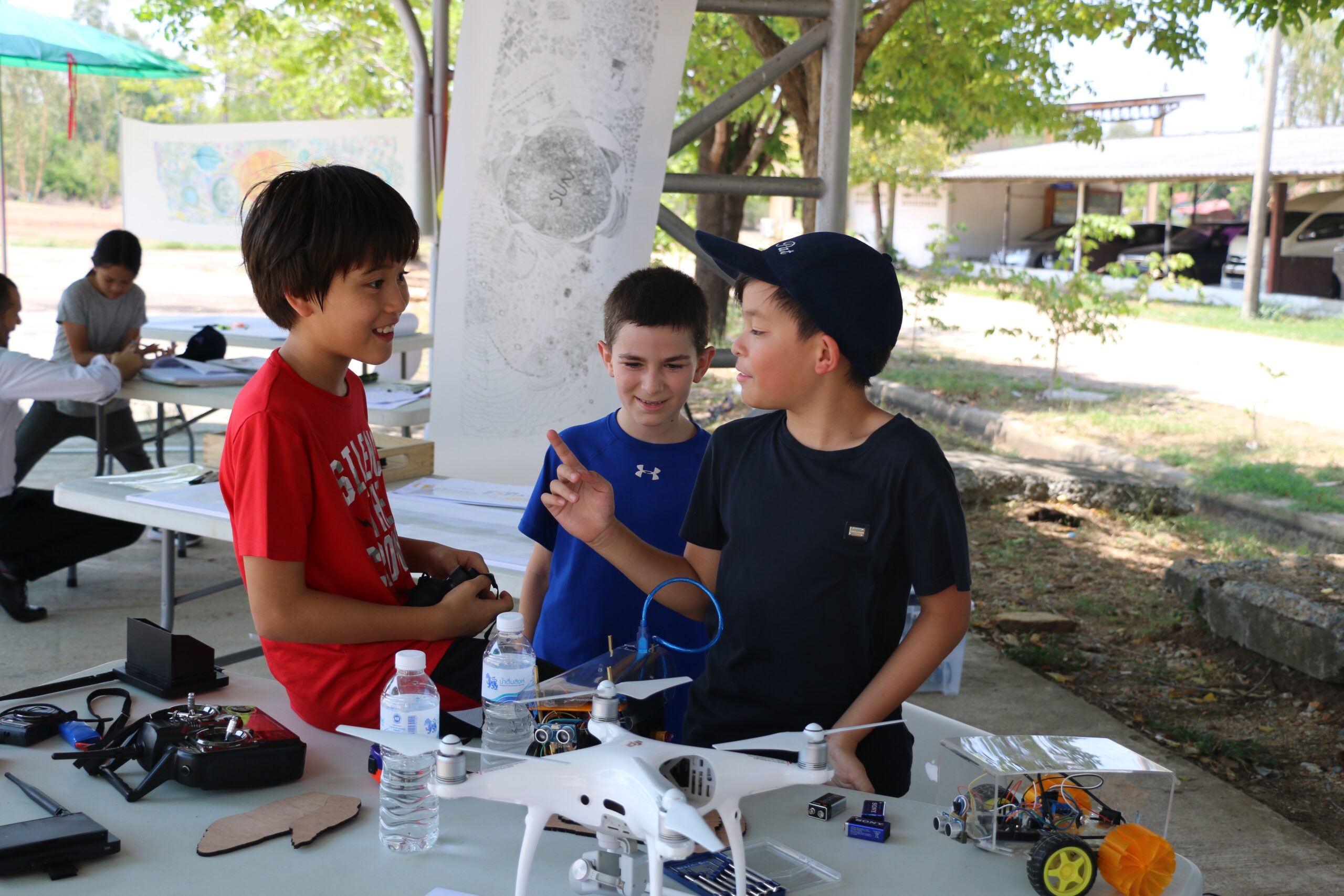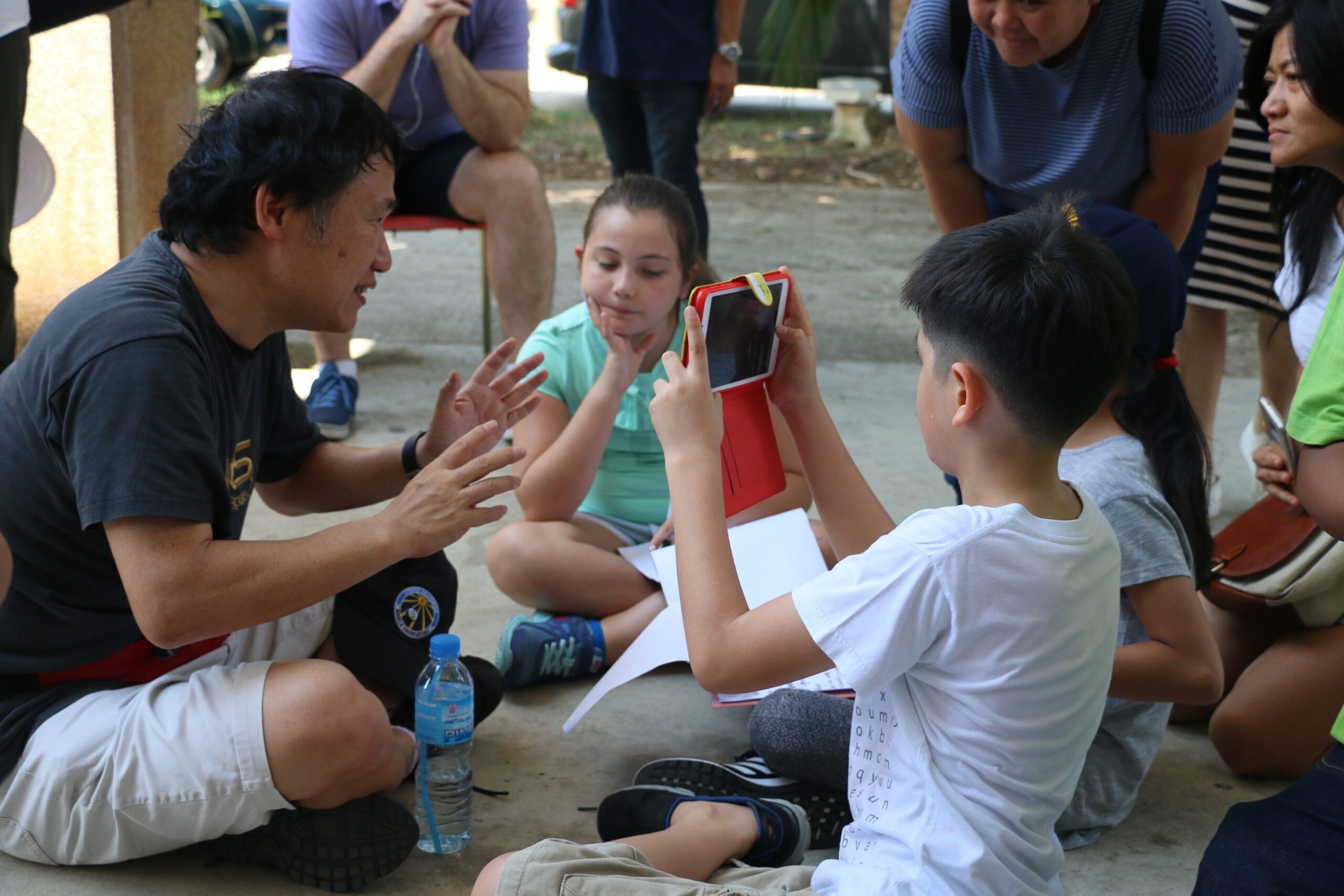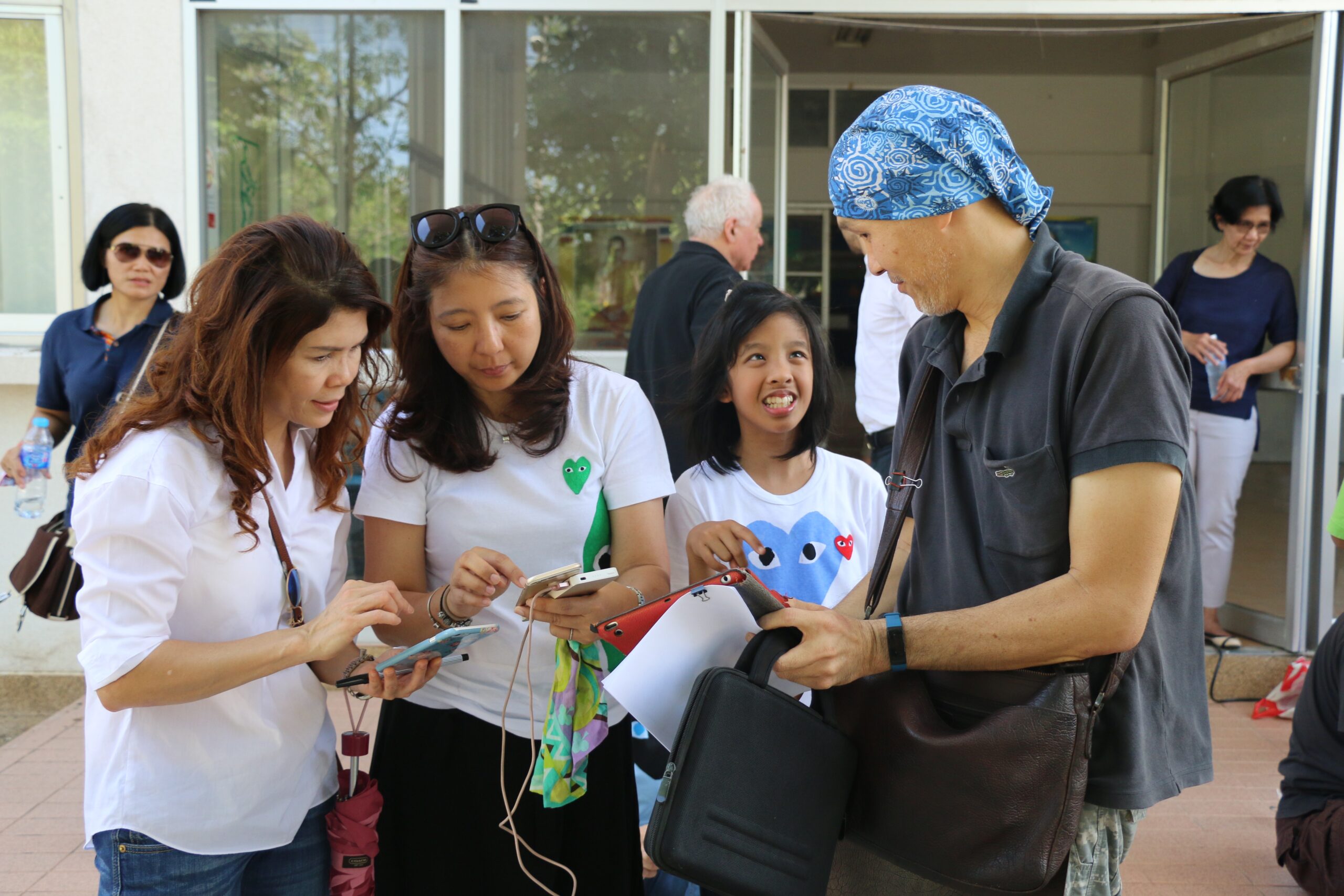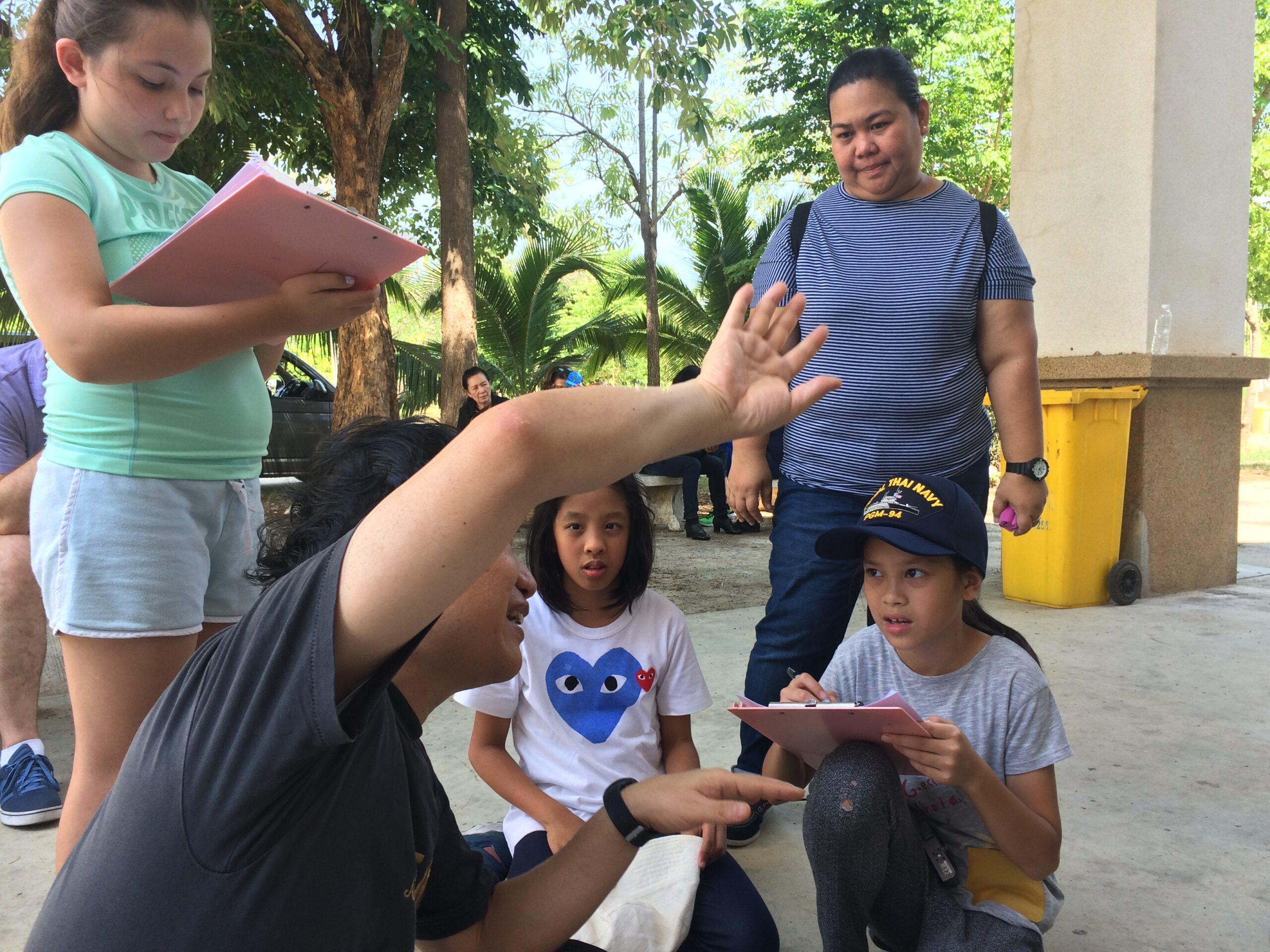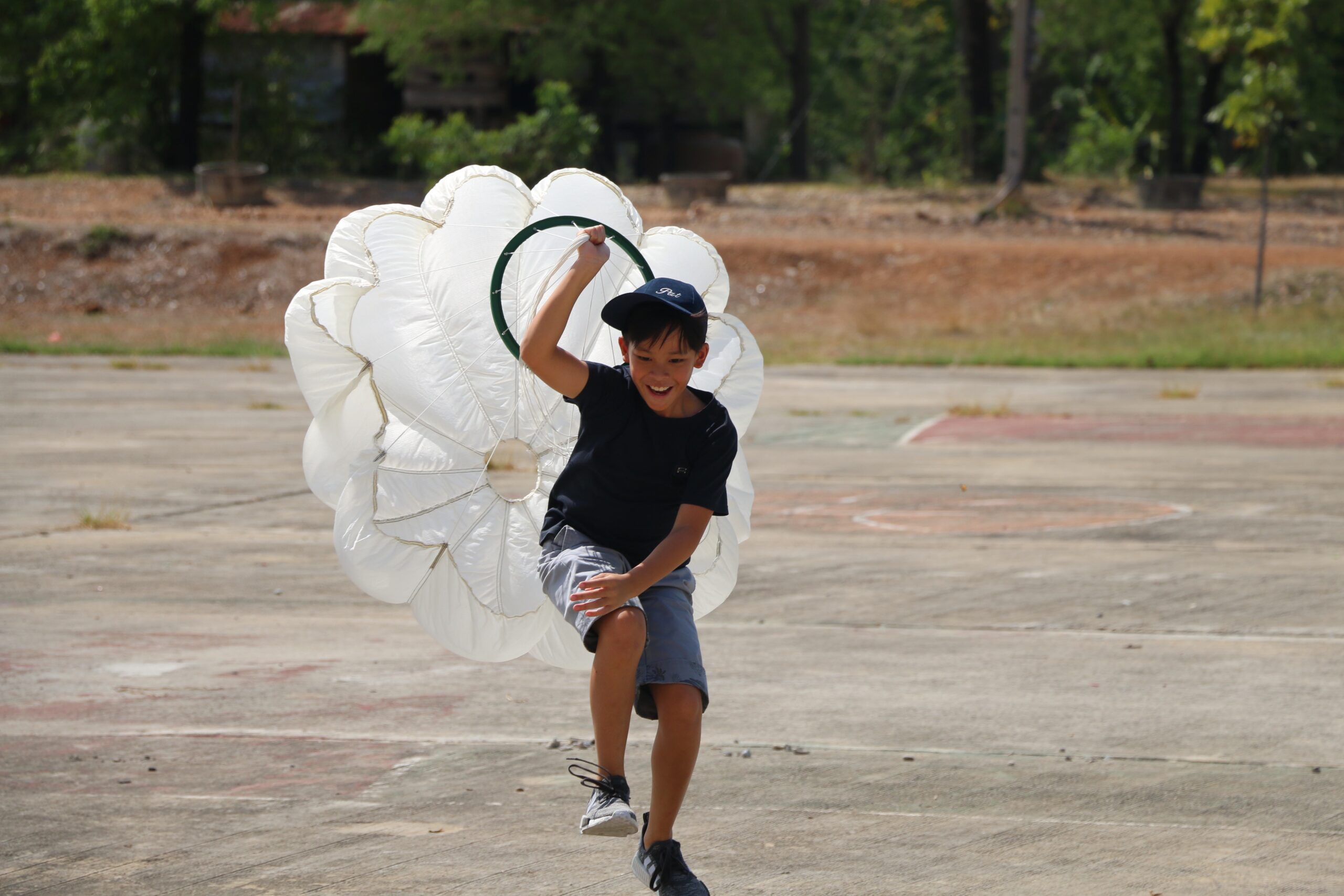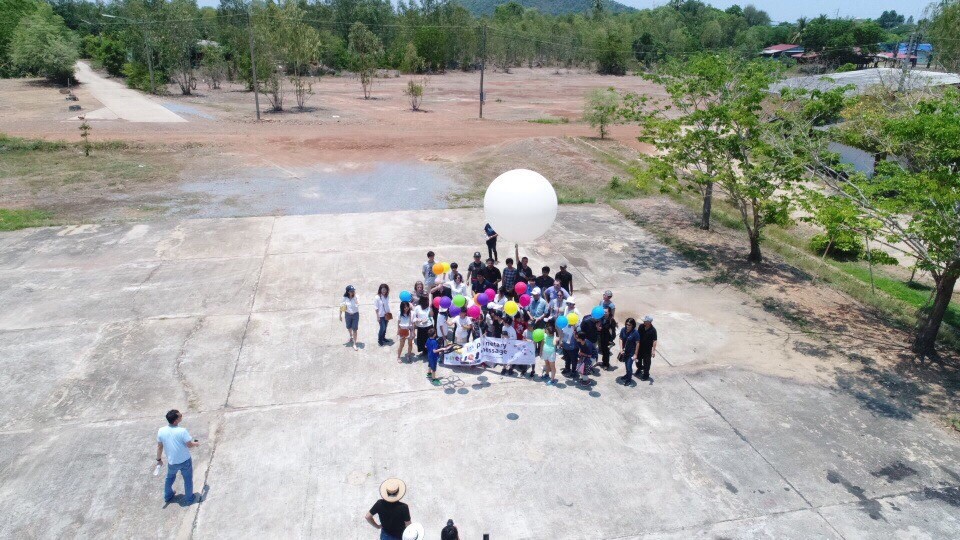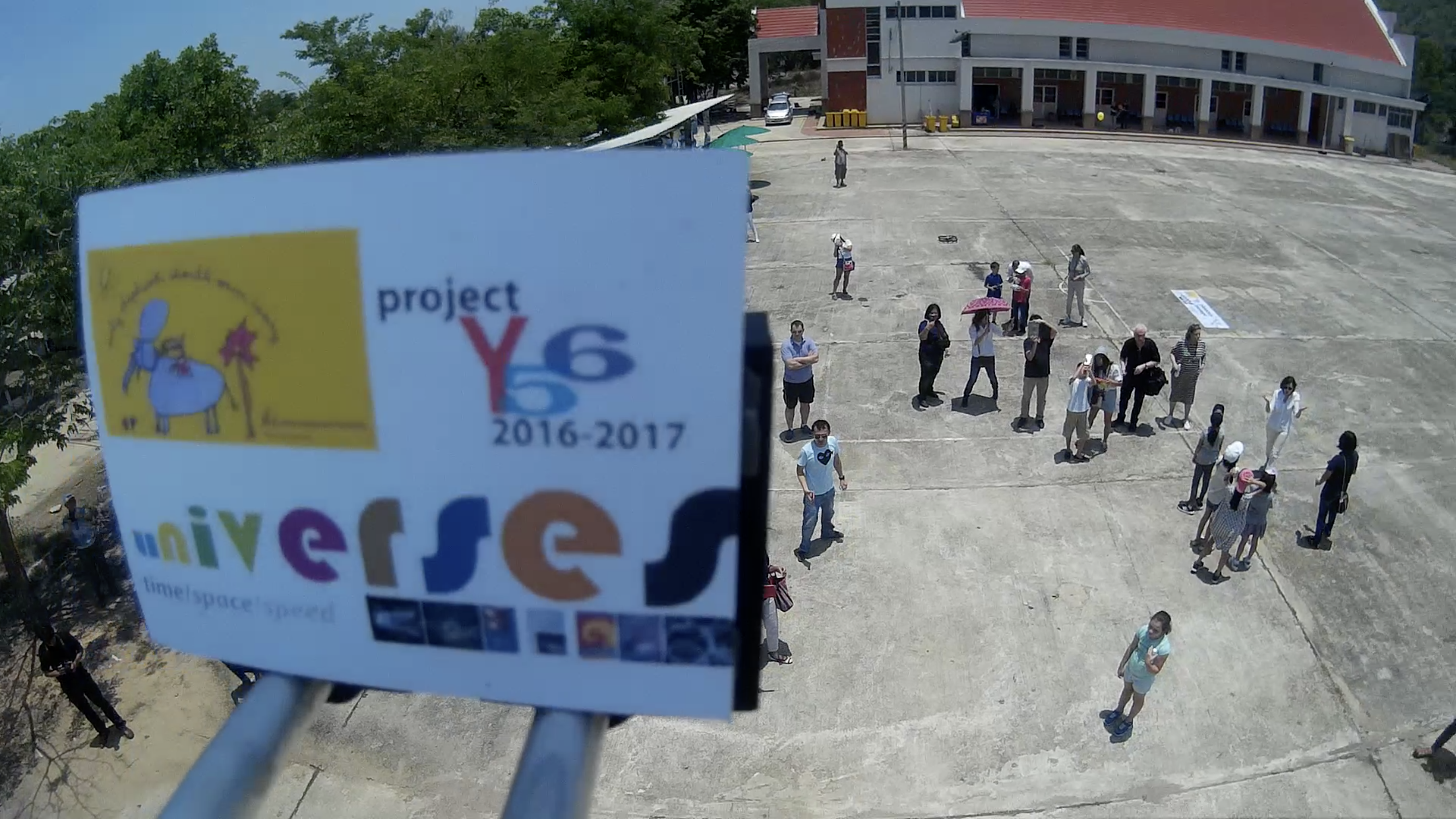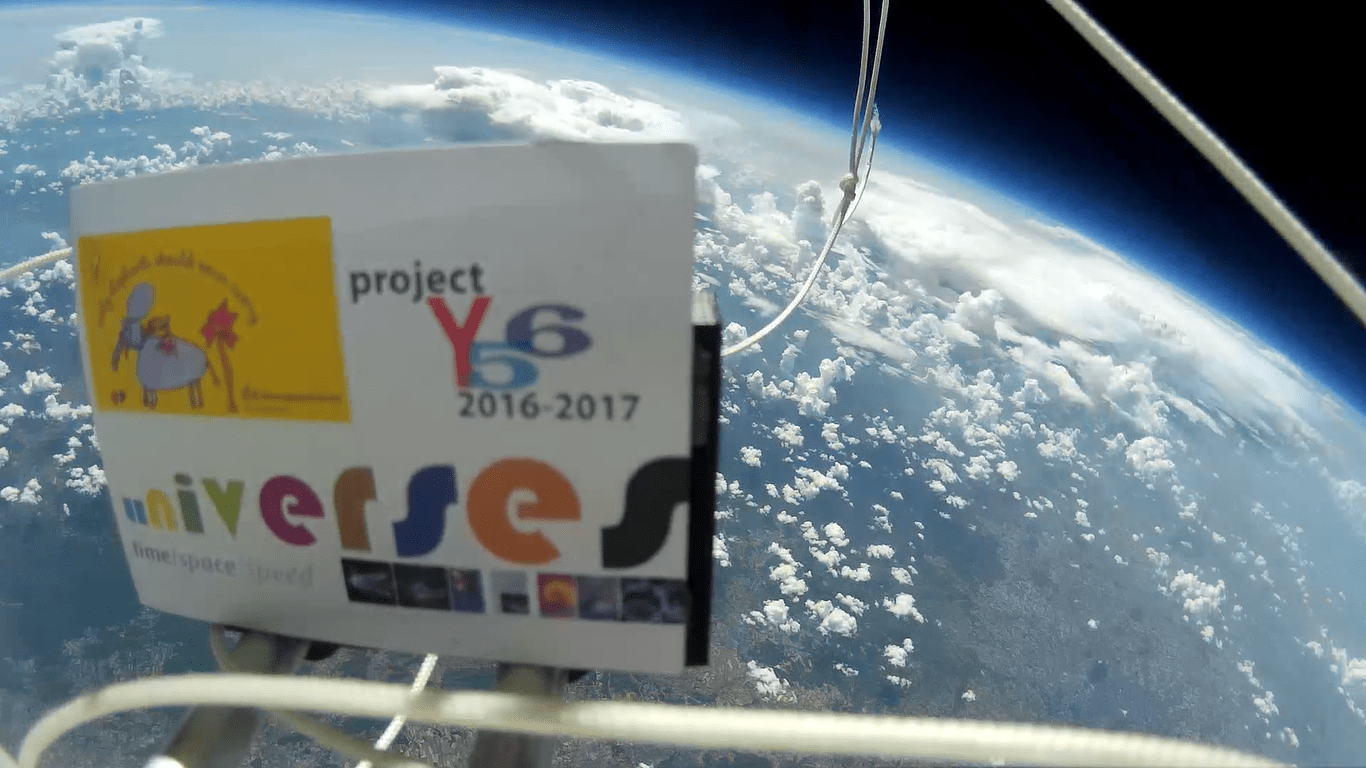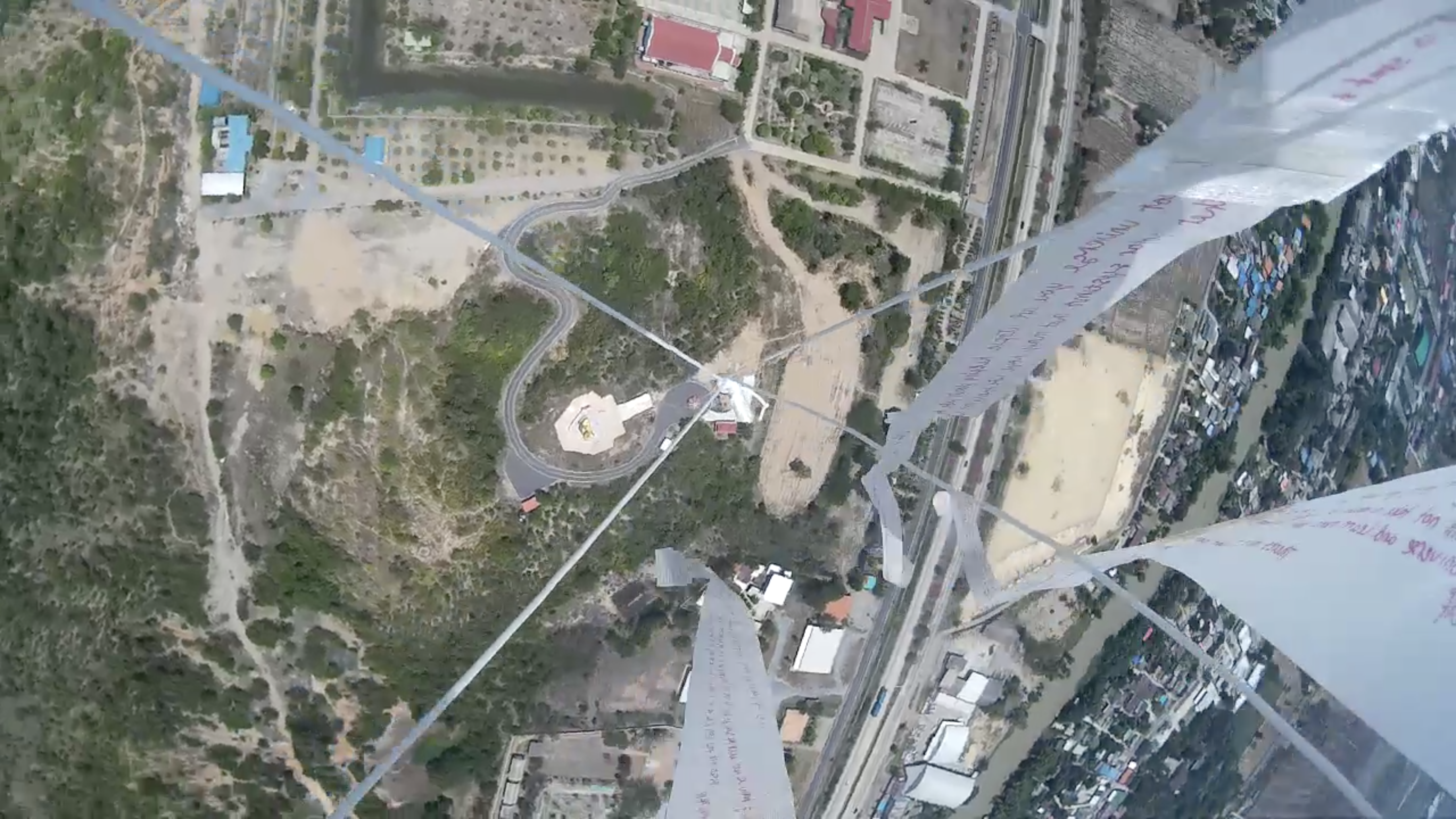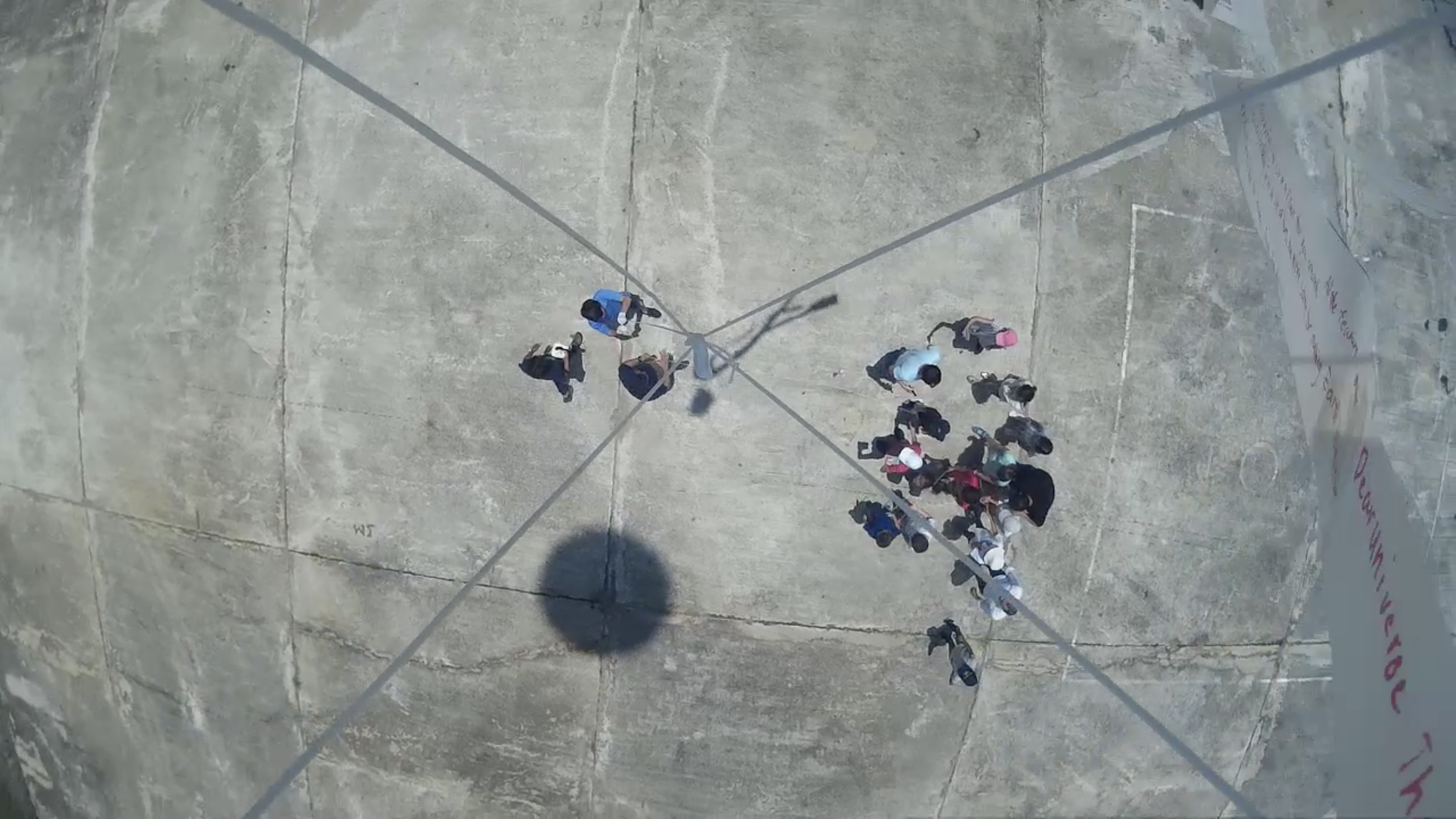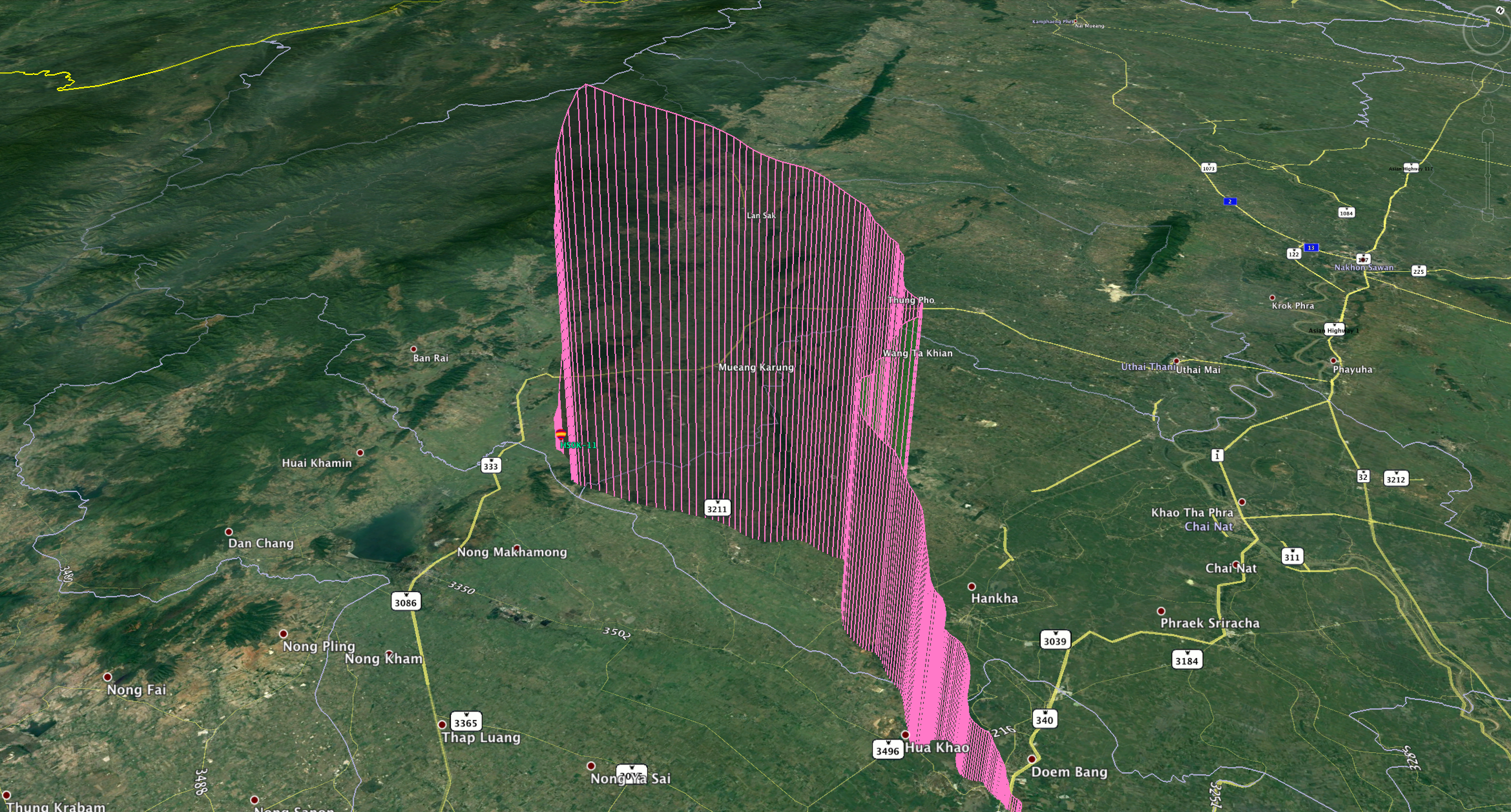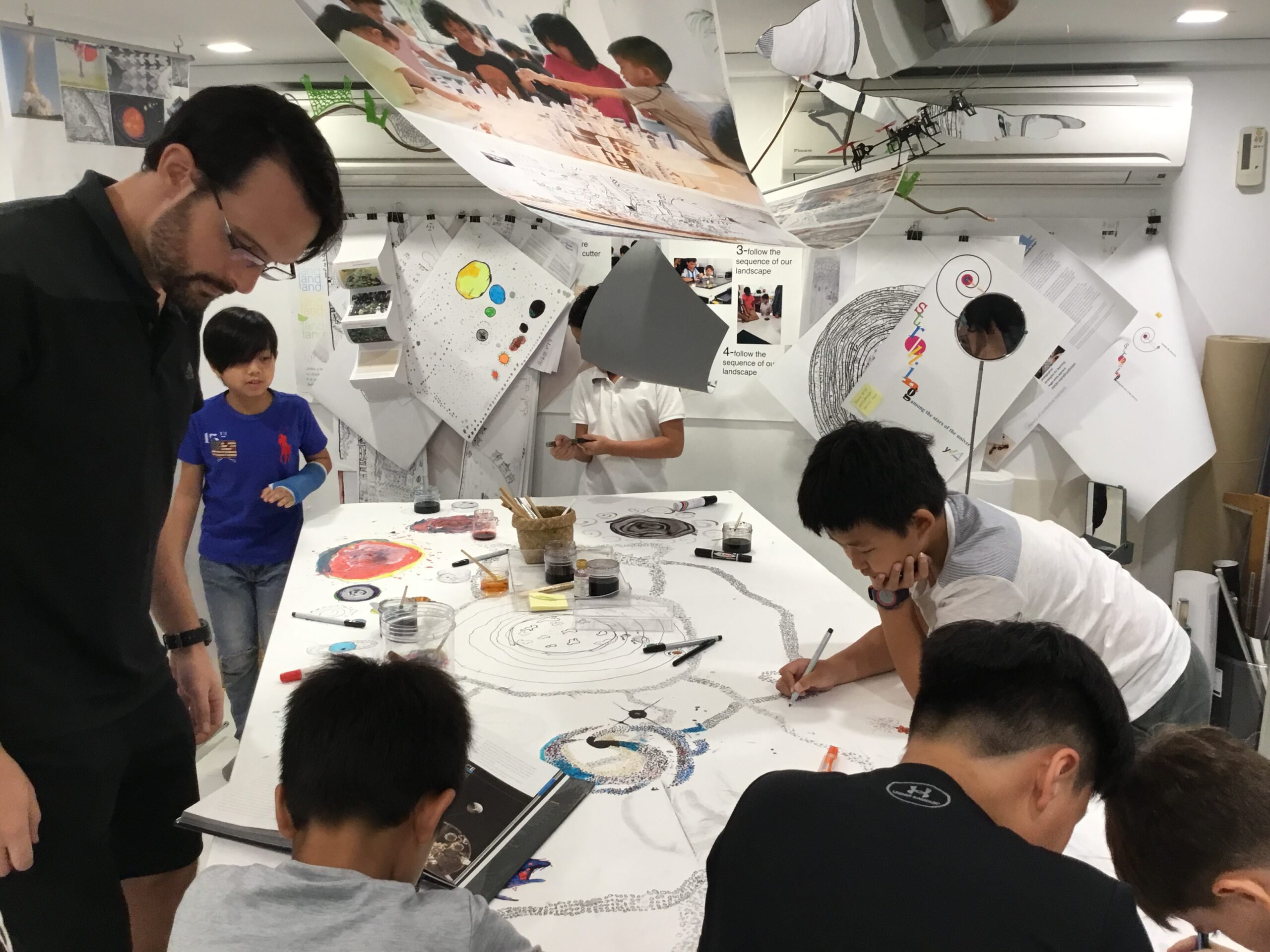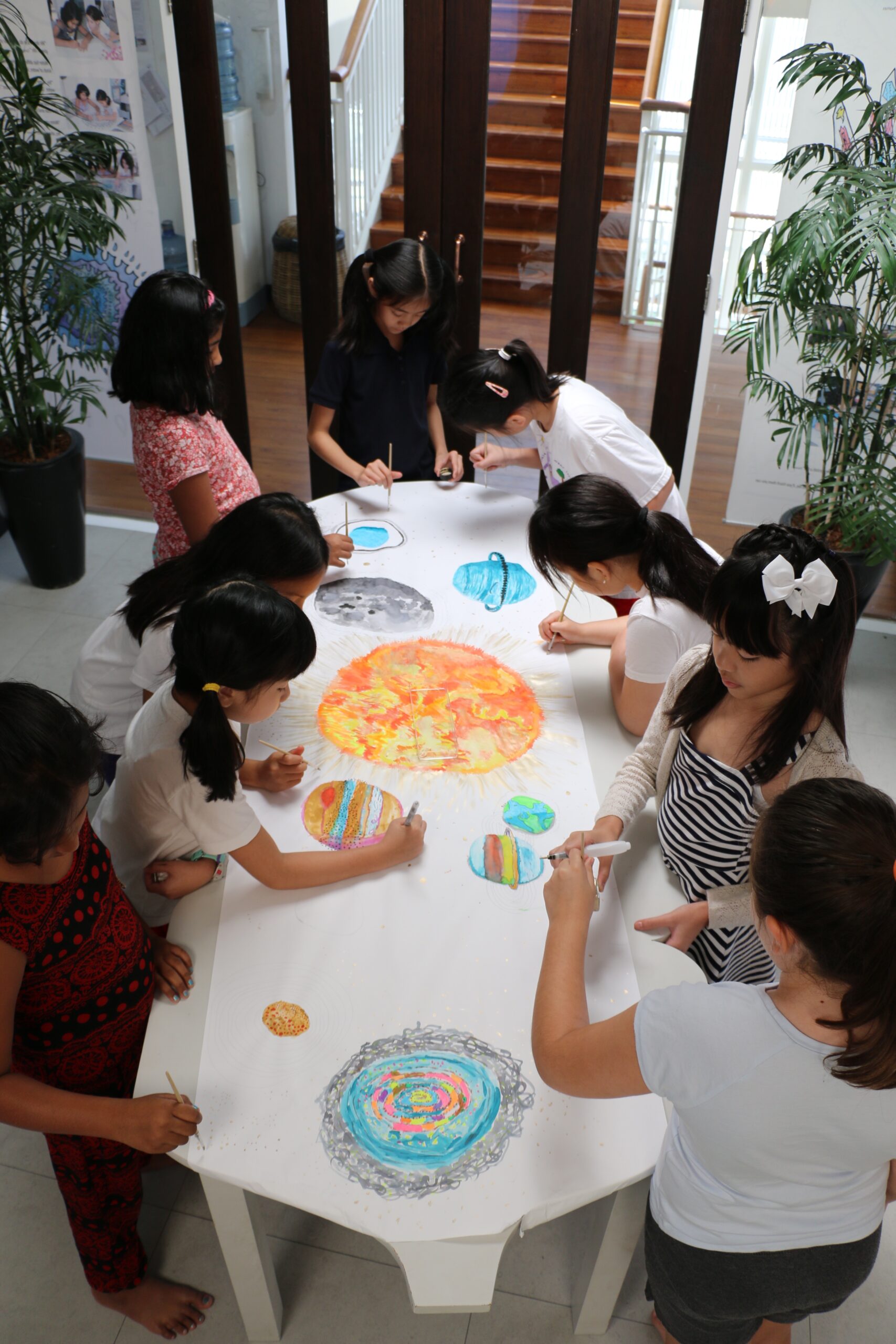curriculum of year 6
The Universe
The Year 6 children develop independence, resilience and resourcefulness, as they become more aware of who they are as a learner and a young adult. Visibility of the process of learning and learning skills is more explicit as we equip children for the next part of their learning journey beyond ELC. As members of our Student Council, Year 6 children gain authentic leadership experience, building communication, presentations and organizational skills. It is a reflective year where children continue to build upon those that came before then and also considering what contribution they will leave behind.
Mathematics
Number Sense & Numeration | Measurment geometry and Spacial sense | Pattering & Algebra | Data Management & Probability
The double number line and open array help continue the development of mental math strategies along with landmark percents, decimals and fractions. Children become conversant with ratio, distributive and associative properties of multiplication and expand their repertoire of thinking models.
Children marvel at magnitudes of a million and relate to project work on stars and real life instances. Children reflect on their own thinking and that of others in the process of metacognition. Problem solving engages student interest and shows them the many ways mathematics is important in their lives.
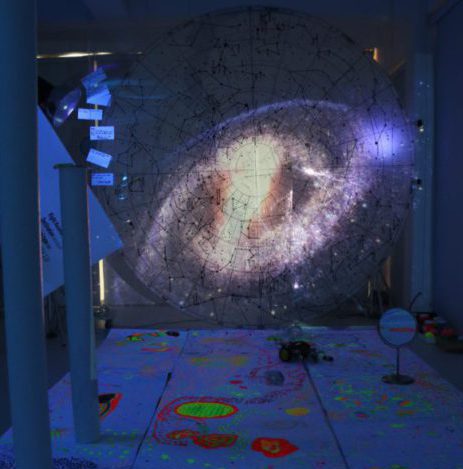
Literacy
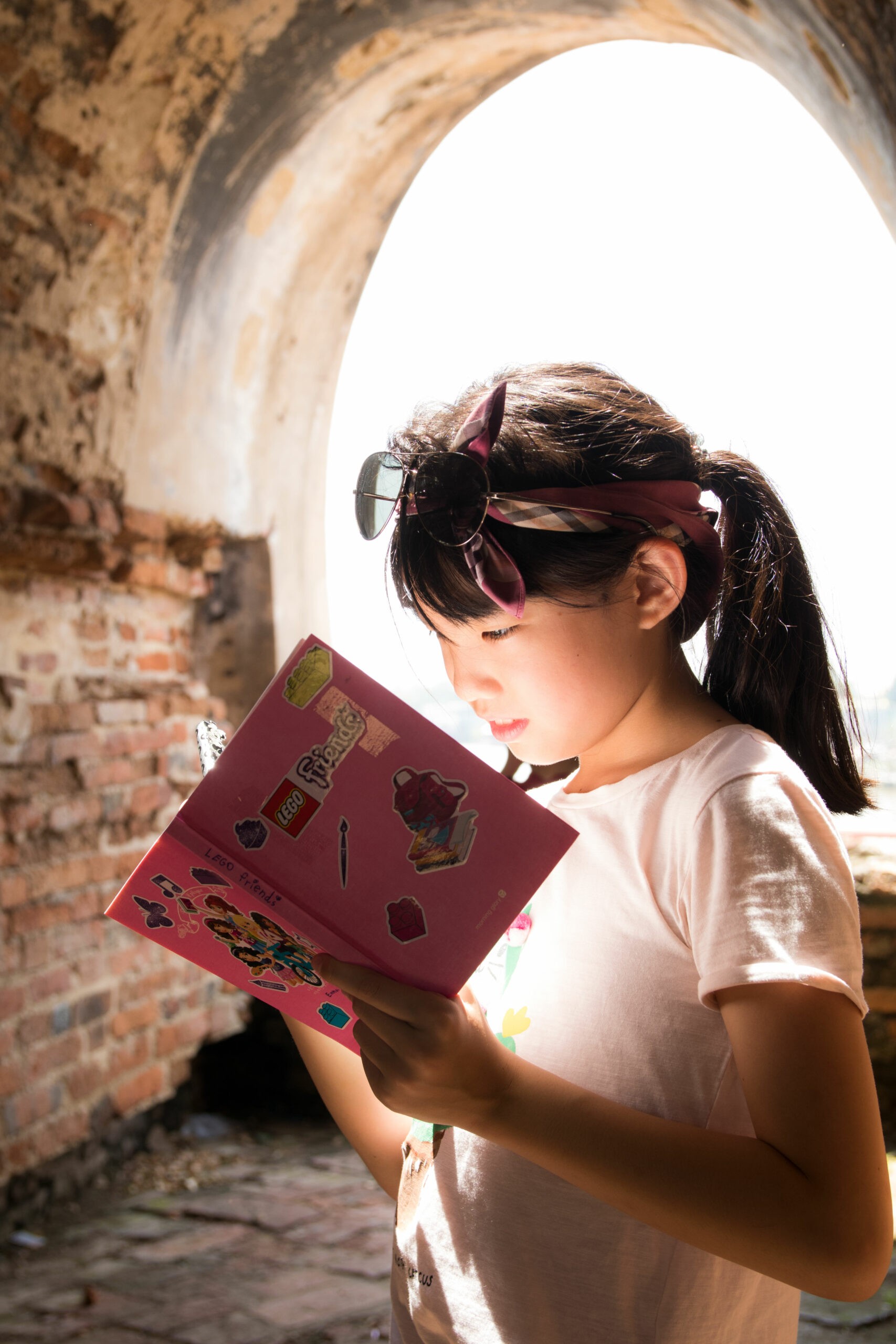
Effective communications | Word inquiry | Phonology | Morphology | Etymology | Accuracy in reading and writing
Children in Year 6 read, write, speak and listen daily to grow upon their effectiveness and confidence as communicators. Children are immersed in our ‘Word Inquiry Programme’ where they consider the structure of the English Language and with a balance of phonology, morphology and etymology, the children question, develop hypotheses and acquire spelling rules that support both accuracy in reading and spelling.
As members of the Student Council, the children use speaking skills to appropriately communicate with different audiences for a variety of purposes. Writing becomes more complex and covers a wide range of forms where they establish their own writer’s voice appropriate to the subject and audience. As reflective learners, they identify elements in their writing that need improvement and well as offer feedback to others.
Digital Technology and Media
Foundation for growing up in, and being part of a digital world
Digital literacy has become a prominent topic of discussion in recent educational dialogue, recognizing the enormous potential of information & communication technologies to personalise teaching and learning processes through making them more adaptive and interactive. Children in Year 4, 5 and 6 learn a vast array of design and computer skills, providing them with the knowledge to create a foundation for growing up in an increasingly technology literate world. Media literacy lessons give the children the opportunity to utilize digital tools to explore and create in a variety of ways; from practicing skills like algorithm creation to publishing informational texts using Google apps. Technology plays a larger role in the Project explorations, with the children utilizing the base knowledge from previous years to synthesize their learning in ways that are meaningful to them.
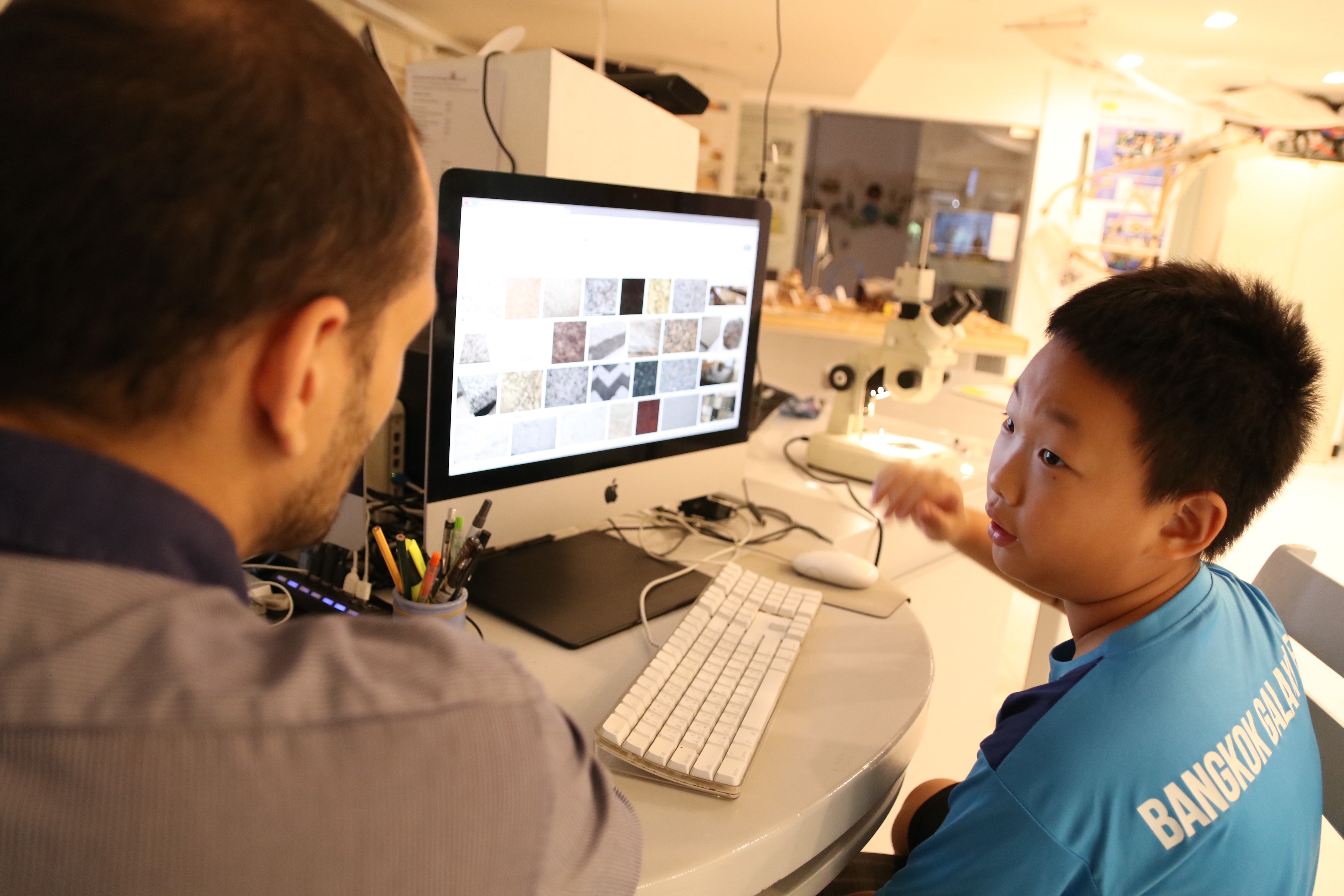
Music
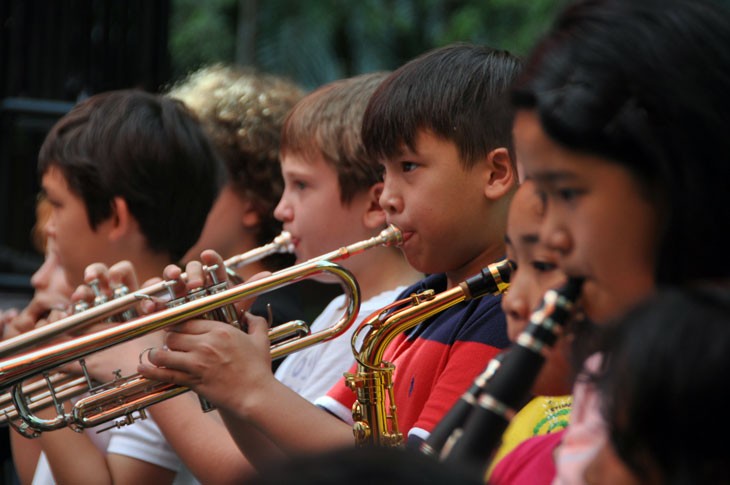
Major musical genres | World music | Musical instruments | Improvisation & reproduction of sounds | Vocals | Solo & Ensemble performances
In Year 6 the children continue to develop their singing voices aiming for accuracy, control, fluency and expression in their work. They continue to expand repertoire of songs from around the world and focus on the final major musical genres. Children play a range of instruments with confidence and technique including improvisation and reproducing sounds from aural memory. Children can play, sing and perform in solo and ensemble contexts with an understanding of good performance practice.
Health and Physical Education (PE)
Movement skills | Game strategy | Coordination | Teamwork | Competition
The Y5/6 program continues to build upon the children’s understanding of movement, game strategy, and teamwork, while providing them with a greater sense of independence when approaching skill development and performance. Throughout the year, the children have opportunities to peer-coach and provide constructive feedback to their classmates. This allows them to further develop analytical skills and recognize the importance of reflection and how it impacts performance. Locomotor skills, hand-eye and foot-eye coordination, as well as body control are purposefully incorporated into the activities of each lesson. Deeper conceptual understanding is achieved by way of class discussion, observational feedback and assessment.
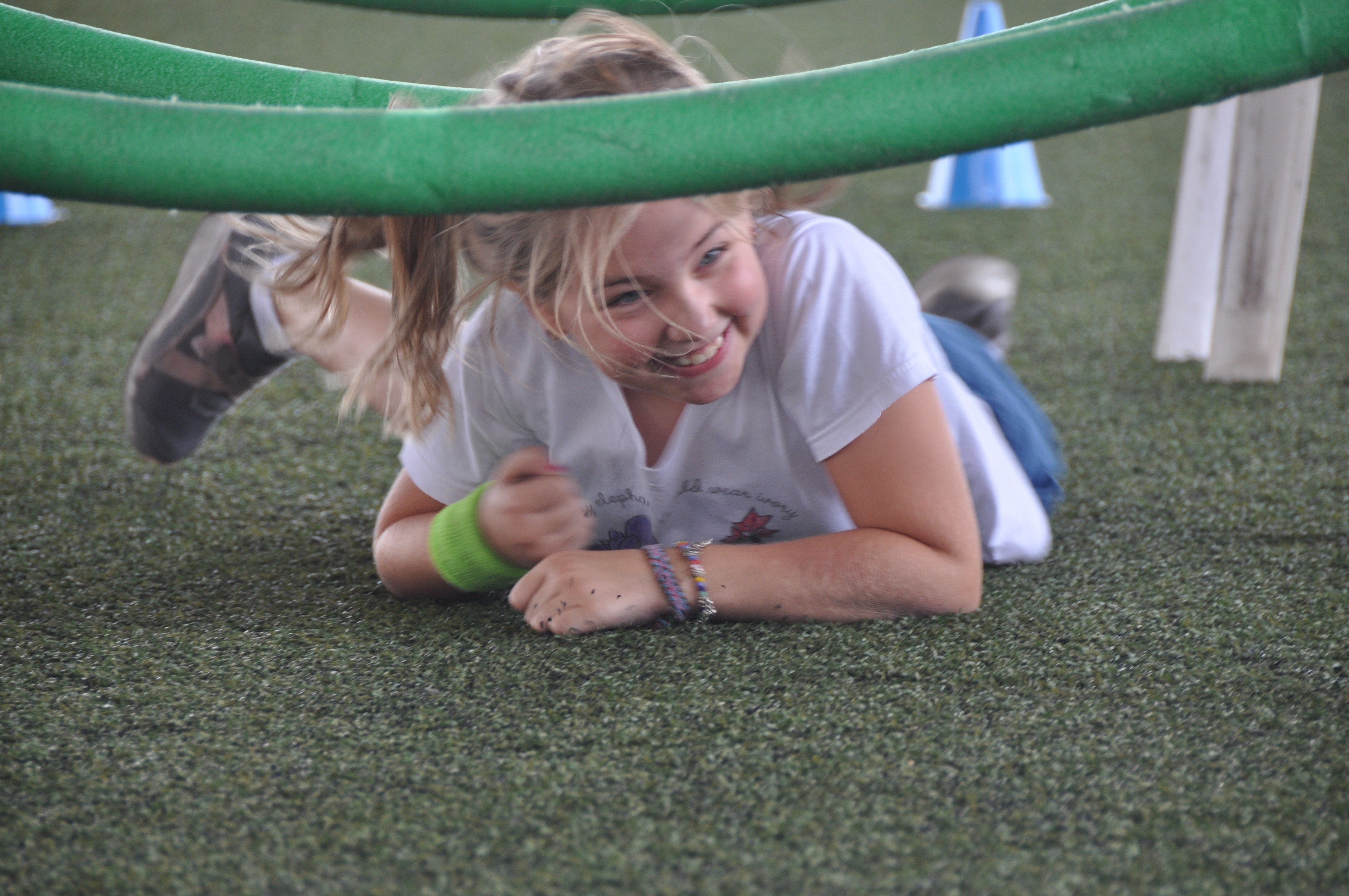
Project of year 6
The Universe
itineraries for future knowledge
Through conversations and explorations with our students, we leave ‘Planet Earth’ and its multitude of landscapes, taking the first steps on a new and exciting journey that is rich in possibilities. It is an expedition into uncharted territory, and we cannot predict where our discoveries and dialogues will take us.
We immerse ourselves, both students and adults alike, in the current dynamic realm of research – a place where we are encouraged to hypothesize and formulate theories, our imaginations melding with scientific discoveries and the most advanced technologies.
This journey, we must never forget, is made possible by, and builds upon the efforts of, previous generations of researchers who strictly adhered to a simple set of rules:
- Test ideas through experiment and observation;
- Build on those ideas that pass the test;
- Reject the ones that fail and rework them if necessary;
- Follow the evidence wherever it leads; and
- Question Everything.
Going beyond the physical universe of galaxies, planets and constellations, we explore our own personal universes in an effort to better understand our own identities and individuality, as well as our shared humanity.
